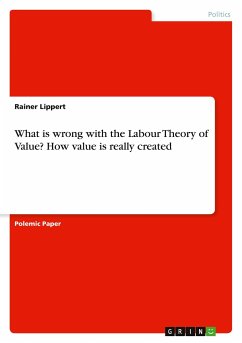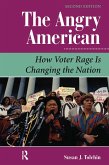Use of partisan media is often associated with political misperceptions but little research has investigated whether partisan media can change beliefs and, if so, the mechanism through which that process occurs. This Element argues that political anger provides one key theoretical link between partisan media use and political misperceptions. Using three-wave panel survey data collected in the United States during the 2020 election, I show that people who use more partisan media are more angry and misinformed than less frequent or non-users. More importantly, consuming partisan media-particularly conservative media-can make people angrier about politics over time and this anger subsequently reduces the accuracy of political beliefs. While audiences for partisan media remain small, the findings indicate that partisan media play an important role in shaping political emotions and beliefs and offer one promising explanation for why their audiences are more likely to hold more inaccurate beliefs about politics.
Bitte wählen Sie Ihr Anliegen aus.
Rechnungen
Retourenschein anfordern
Bestellstatus
Storno









